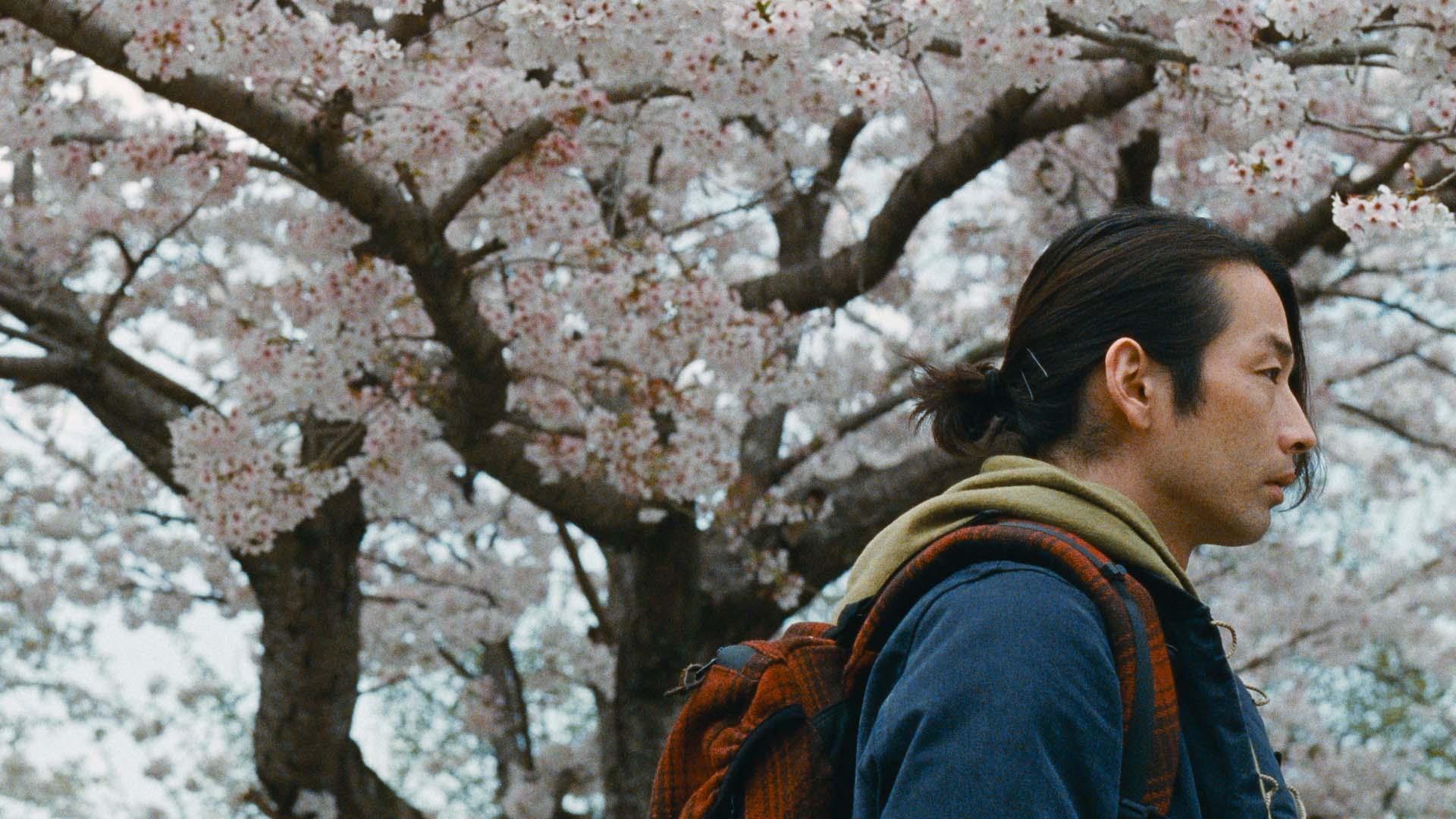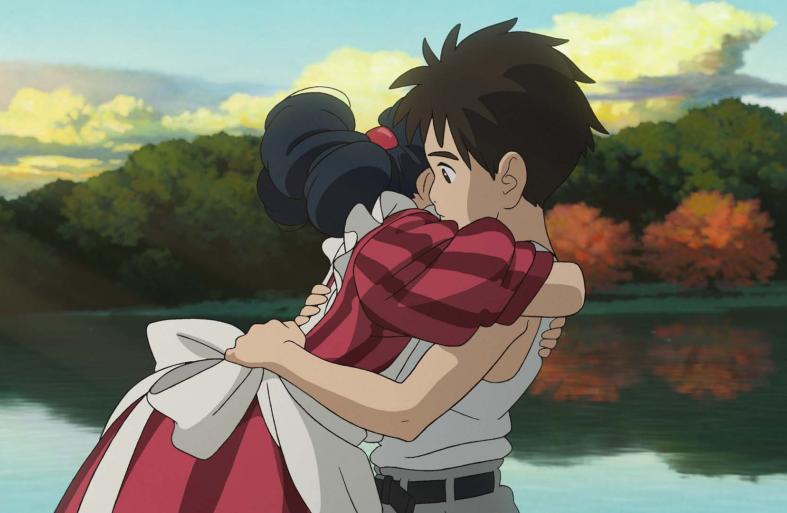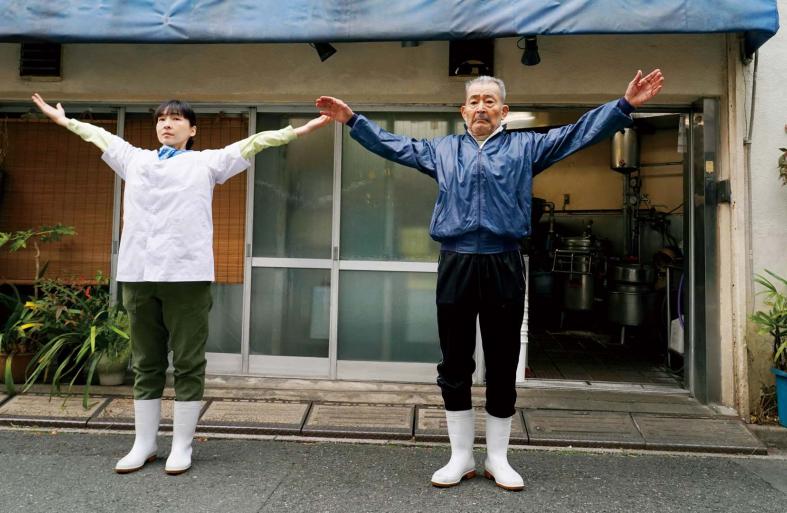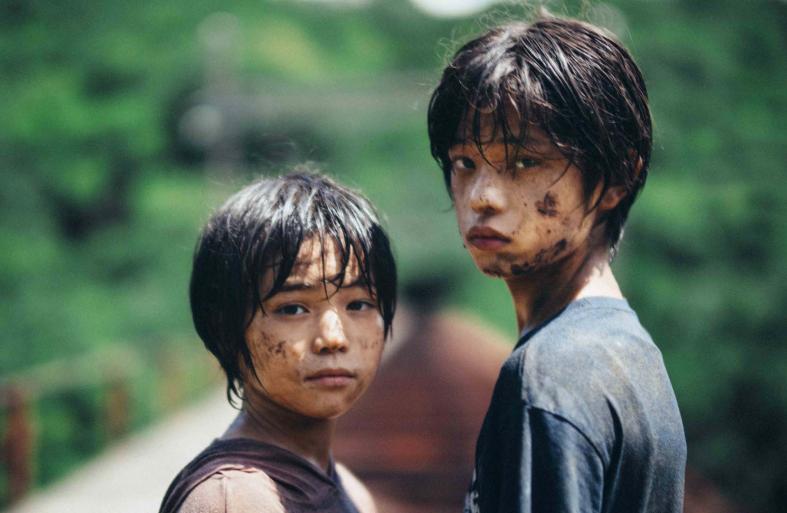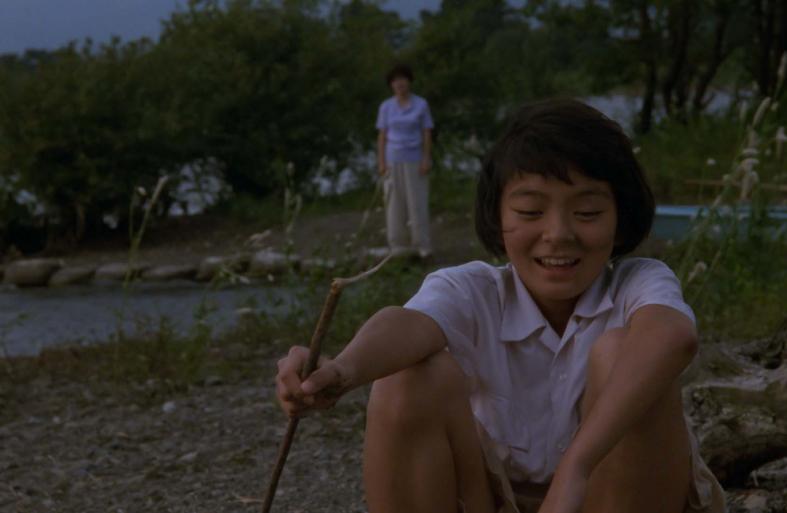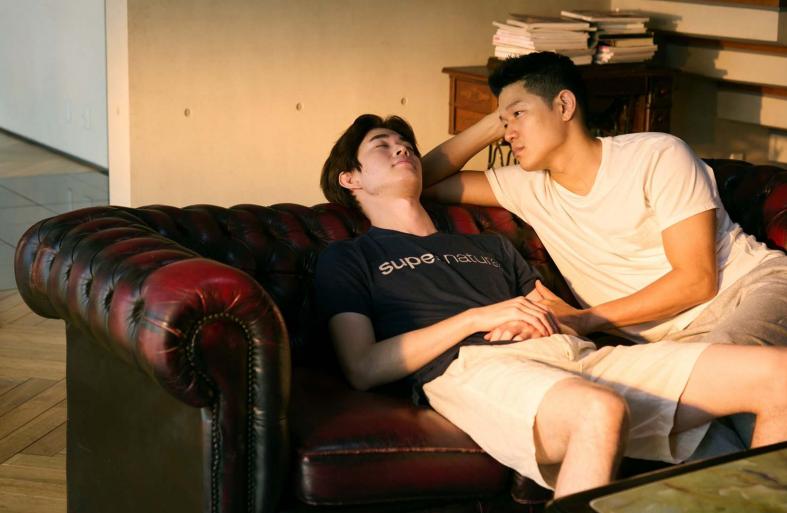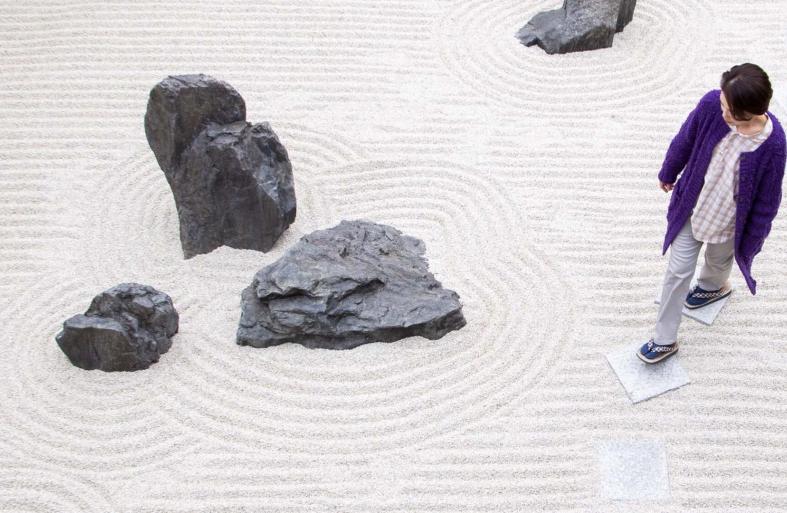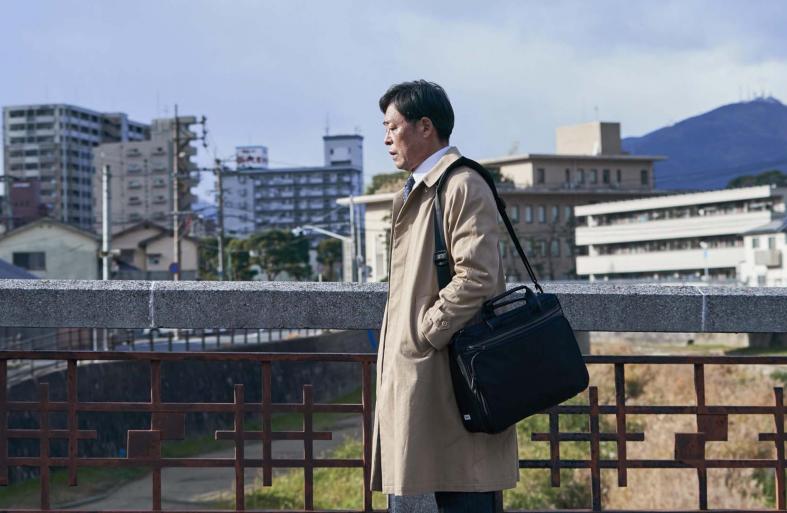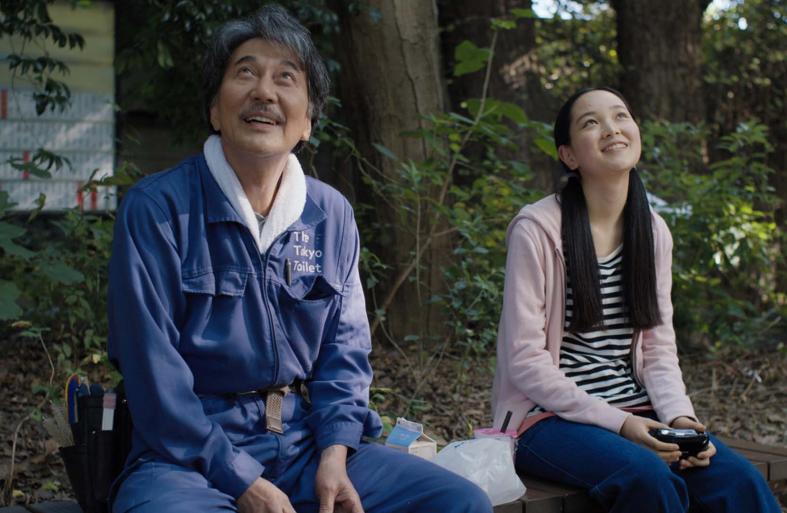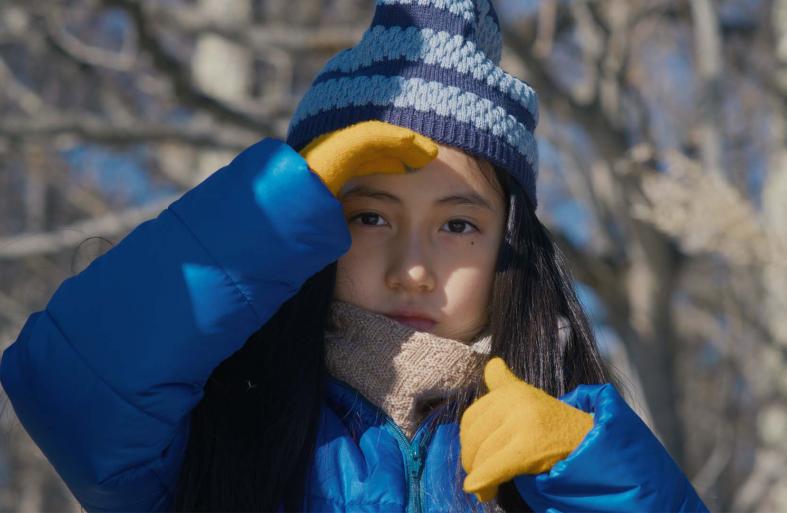Afar from the problems Israel and the Middle East have faced in the last year, and certainly in the past few months, Japan has been dealing with issues of a different variety for years: an aging population, one of the lowest birth rates in the world, social and gender conservatism, and, of course, a string of natural disasters. Japanese cinema, on screen and behind the scenes, is constantly exploring these issues that threaten the future of Japanese society.
Alongside the cinematic masters taking part in this edition of the Aki-no, whose names are already familiar to the international audience, such as Hayao Miyazaki, Hirokazu Kore-eda and Ryosuke Hamaguchi, who only a year ago won the Oscar for Drive my Car, the program will showcase new talents and lesser-known filmmakers, who bring a different voice in Japanese cinema.
With its devotion to and displaying social and value tensions, Japanese cinema continues to offer a celebration of beauty that plays on the senses, through cinematography of changing and spectacular vistas, the culinary exquisiteness present in every film, and the patient observation of the laws and customs unique to the island nation.
We hope you enjoy.

